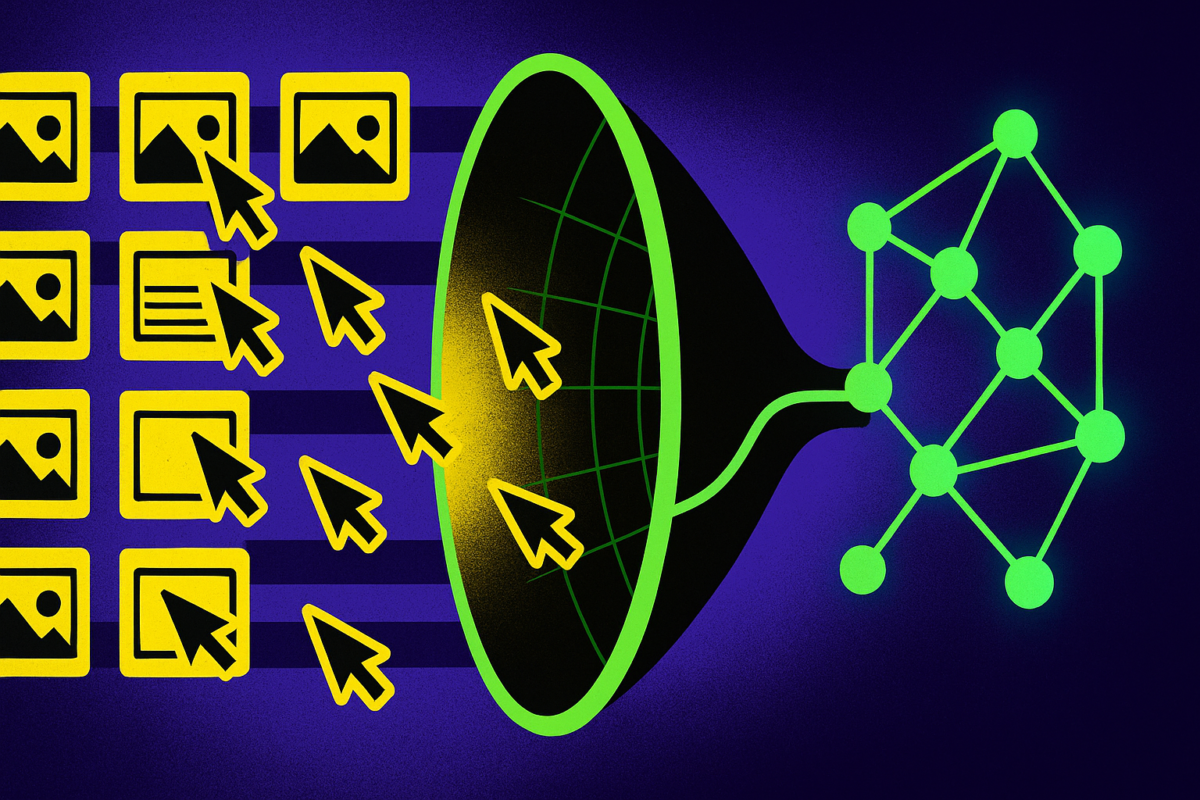Haskell thrives in academia, where its theoretical underpinnings are studied and expanded. But beyond that, you would rarely find someone talking about it being used in any industry.

Illustration by Nalini Nirad
Despite its limited adoption, Haskell is often called a ‘goated’ programming language, attracting admiration for its elegance and power. However, its niche appeal and steep learning curve keep it on the fringes of mainstream programming.
Haskell is a purely functional programming language renowned for its strong static typing, immutability, and lazy evaluation.
But why do people not use Haskell anymore? “Haskell is perceived to be an impractical, academic language. Therefore, people refuse to use it and instead try to translate lessons they learned from it to ‘more practical’ languages such as C++,” a developer tried to answer that in a nutshell on Hacker News.
Thanks to Haskell’s academic roots and the fact that it was developed by a community of researchers who prioritised theoretical brilliance over practicality, its functional programming paradigm emphasises immutability, strong typing, and purity, making it a dream for advanced developers who thrive on mathematical elegance.
But this was in 1980, when a group of researchers wanted to make a single language for functional programming, resulting in the birth of Haskell. In today’s world, however, there are only some monetary benefits to learning Haskell.
According to the Stack Overflow Developer Survey 2024, Haskell developers receive a median salary of $68,337, which is right in the middle of the chart. However, according to the same survey, Haskell is only used by 2% of the total respondents.
The language still appeals to many people, but not for its monetary benefits. Apart from xmonad, darcs, pandoc, and a few others, not many software programs were made using Haskell. And none of them have gained widespread popularity.
— Philipp Parzer (@philipp_parzer) November 26, 2024Designed for a Few, Not Many
Haskell is frequently employed in finance to build high-assurance systems, where correctness is paramount. Its strong type system and functional purity reduce bugs, making it easier to reason about code.
Moreover, the language’s simple design makes it a natural fit for building compilers and tools that analyse other codebases. Unsurprisingly, Haskell thrives in academia, where its theoretical underpinnings are studied and expanded. But beyond that, you would rarely find someone talking about it being used in any industry.
The internet seems divided on Haskell’s role in the programming landscape. A user on X quipped, “What I read: person angry because they do not understand Haskell,” hinting at the elitist aura surrounding the language. Others, meanwhile, humorously celebrated figures like Lennart Augustsson, one of Haskell’s prominent contributors, as “one of the craziest Chad engineers ever born.”
Haskell vs Go is the new talk of the niche developer town that likes to argue about which language is better. Languages like Go were born out of pragmatic necessity. On the other hand, developers call Haskell the “three Chad engineers (one of whom is a cofounder of the industry with Dennis Ritchie) getting tired of waiting for C++ to compile.”
Go’s straightforward syntax and focus on productivity cater to large teams with diverse skill levels, emphasising simplicity over sophistication. “Haskell is designed for a single advanced programmer. Go is designed for a big team of average ones,” remarked a developer, pointing at Haskell’s steep learning curve and limited accessibility. In contrast, Go, with its practical, team-friendly design, excels at delivering software efficiently.
The divide between these philosophies underscores why Haskell remains a niche language, leaving even Python and JS behind. Though its power is undeniable, its usability often intimidates newcomers, while Go’s design philosophy prioritises onboarding developers—even those fresh out of college—quickly.
‘Why Can’t I Just Use Python?’
Developers say that people find it harder to convince others in their teams to use Haskell than simply go with what everybody else is using.
While Go, Python, and JS are celebrated for their pragmatism and adoption in large-scale projects, Haskell stands as a testament to what programming can achieve when designed with purity and elegance in mind. But in the current world, since no frameworks have been designed for the language, Haskell is on the possible brink of extinction.
Moreover, comparing programming languages has never benefited anyone anyway. “Haskell vs Go might be the worst, most nonsensical midwit debate I’ve ever seen,” said a user on X.
Haskell’s influence far exceeds its usage. It continues to inspire the future of programming languages and tools. While it may never dominate the industry, it remains a cherished gem for those who dare to dive into its depths, proving that sometimes, brilliance doesn’t need mass appeal to leave a lasting legacy.
[This story has been read by 2 unique individuals.]
Mohit Pandey
Mohit writes about AI in simple, explainable, and sometimes funny words. He holds keen interest in discussing AI with people building it for India, and for Bharat, while also talking a little bit about AGI.
Subscribe to The Belamy: Our Weekly Newsletter
Biggest AI stories, delivered to your inbox every week.
February 5 – 7, 2025 | Nimhans Convention Center, Bangalore
Rising 2025 | DE&I in Tech & AI
Mar 20 and 21, 2025 | 📍 J N Tata Auditorium, Bengaluru
Data Engineering Summit 2025
May, 2025 | 📍 Bangalore, India
MachineCon GCC Summit 2025
June 2025 | 583 Park Avenue, New York
September, 2025 | 📍Bangalore, India
MachineCon GCC Summit 2025
The Most Powerful GCC Summit of the year
![]()
Our Discord Community for AI Ecosystem, In collaboration with NVIDIA.

 4 months ago
36
4 months ago
36












